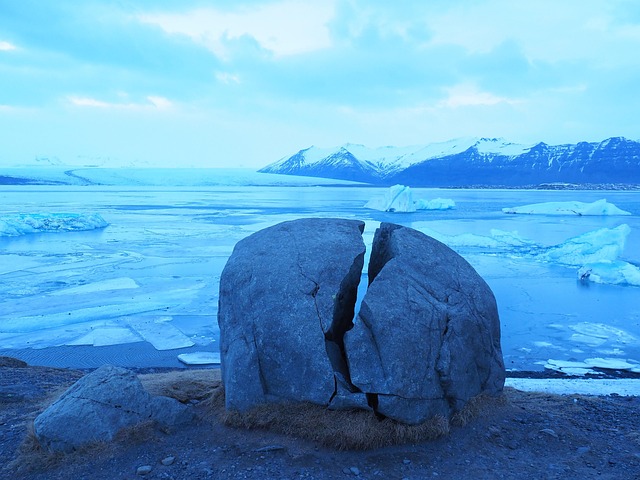The intricate world of zooplankton, often unnoticed, plays a colossal role in our planet’s ecosystem and, ultimately, its climate. These microscopic organisms are the unsung heroes of the ocean, serving as a crucial link in aquatic food webs. Their fluctuating populations, however, reflect the broader challenges posed by climate change, creating a vivid picture of our planet’s deteriorating health.
As temperatures rise and ice caps melt, the habitats of zooplankton begin to shift. With the warming of oceans, certain species thrive while others decline, leading to imbalances that ripple through marine ecosystems. This decline isn’t just about the death of a species; it’s about the disruption of a vital food source for larger creatures, causing a chain reaction all the way up the food chain. As zooplankton populations dwindle, fish stocks suffer, impacting not only marine ecosystems but also the livelihoods of communities that depend on fishing.
Moreover, zooplankton play an active role in carbon cycling. They contribute significantly to the ocean’s ability to sequester carbon by feeding on phytoplankton and redistributing the nutrients. When zooplankton populations are disrupted, their ability to aid in carbon sequestration falters, exacerbating climate change. Therefore, as we witness the stark realities of melting ice due to rising temperatures, understanding how zooplankton are affected is pivotal in unraveling the broader implications for climate change.
The interconnectedness of species and their environments reminds us that the health of our oceans is crucial not only for marine life but also for human existence. If zooplankton continue to decline due to climate-induced changes, we may face dire consequences that extend far beyond underwater ecosystems. Strikingly, a reduction in zooplankton can lead to poorer water quality, which in turn can affect human activity, particularly for those in coastal regions reliant on clean, abundant waters.
As we navigate through these rapidly changing conditions, it becomes clear that addressing climate change requires a comprehensive understanding of all its players—both visible and microscopic. The melting realities of our climate crisis demand not only immediate action but also sustained attention to the delicate balance of marine ecosystems and their critical inhabitants like zooplankton. Embracing this awareness allows us to foster a deeper connection with our environment, understanding that every small organism plays a part in the larger narrative of our planet’s future.


